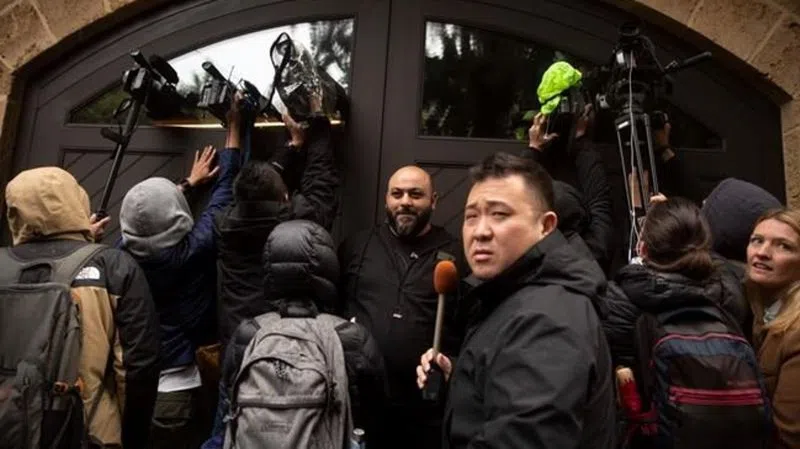
Lebanon receives Interpol notice for ex-Nissan fugitive
BEIRUT — Interpol issued a wanted notice Thursday for former Nissan chairman Carlos Ghosn, who jumped bail in Japan and fled to Lebanon rather than face trial on financial misconduct charges in a dramatic escape that has confounded and embarrassed authorities.
Lebanese Justice Minister Albert Serhan told The Associated Press in an interview that Lebanon “will carry out its duties,” suggesting for the first time that the automotive titan may be brought in for questioning. But he said Ghosn entered the country on a legal passport, and he appeared to cast doubt on the possibility Lebanon would hand Ghosn over to Japan.
The Interpol notice is the latest twist in Ghosn’s daring escape, which spanned three continents and involved private planes, multiple passports and international intrigue. Turkey made several arrests Thursday as part of an investigation into how he passed through the country.
Ghosn’s arrival in Lebanon jolted the nation, already in the midst of a crippling political impasse and its worst economic crisis in decades.
